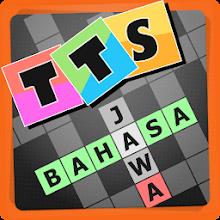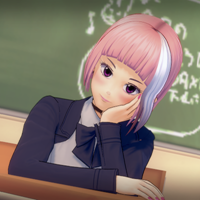Nintendo's aggressive stance against emulation is well-documented. Recent examples include the $2.4 million settlement with Yuzu emulator developers in March 2024, the October 2024 cessation of Ryujinx development following Nintendo's intervention, and the advice given to Dolphin developers regarding a Steam release due to Nintendo's legal pressure. The infamous 2023 case against Gary Bowser, who sold devices allowing Nintendo Switch piracy circumvention, resulted in a $14.5 million debt.
Now, a Nintendo patent lawyer, Koji Nishiura, has shed light on the company's anti-piracy strategy. Speaking at Tokyo eSports Festa 2025, Nishiura clarified that while emulators aren't inherently illegal, their use can become illegal depending on functionality. Specifically, emulators that copy game programs or disable console security measures may infringe on copyright.
This legal action often relies on Japan's Unfair Competition Prevention Act (UCPA), limiting Nintendo's reach internationally. The Nintendo DS "R4" card, which allowed pirated game execution, serves as a precedent. Nintendo successfully used the UCPA to halt R4 sales in 2009.
Nishiura also highlighted the illegality of tools facilitating pirated software downloads within emulators. These "reach apps," exemplified by the 3DS's "Freeshop" and the Switch's "Tinfoil," can also result in copyright infringement.
Nintendo's lawsuit against Yuzu cited one million pirated copies of The Legend of Zelda: Tears of the Kingdom, linking the emulator's Patreon income ($30,000 monthly) to the provision of early access and special features.















